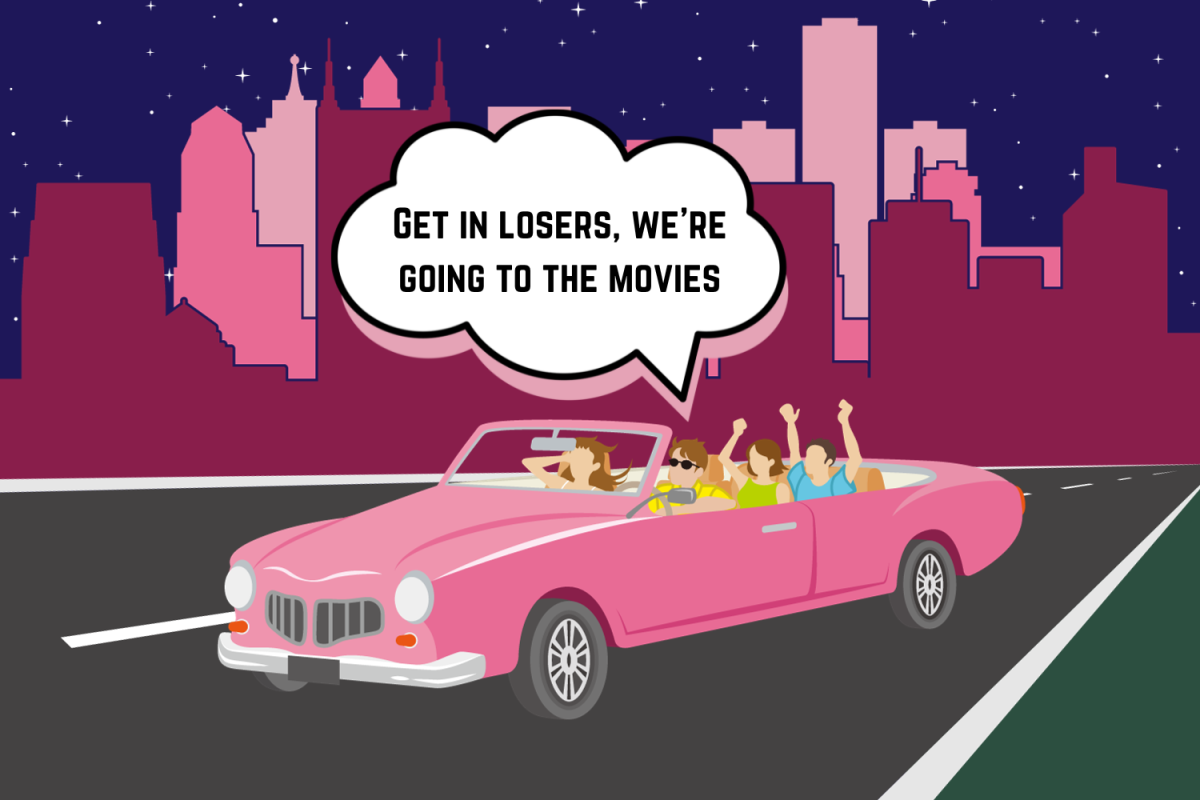When Unbreakable was released in 2000, the film didn’t receive quite the reaction director M. Night Shyamalan had hoped for. Sure, audiences praised it, but it received nowhere near as much critical acclaim as The Sixth Sense (1999), Shyamalan’s widely successful horror flick. However, Unbreakable gradually developed a cult following as comic book films became less niche and more mainstream, so fans were delighted when Split, released in 2017, was revealed to be its stealth sequel.
Then came Glass, emerging as a welcome change to the typical formulaic superhero movie. Unbreakable serves as the origin story for the hero, Bruce Willis’s David Dunn/the Overseer, and Split for the villain, James McAvoy’s Kevin W. Crumb/the Horde. Glass pits the two superhumans against each other in a classic good vs. evil showdown, though not for the reasons one might think. Shyamalan’s conclusion to the psychological thriller trilogy uniquely combines mystery elements from Unbreakable, horror cinematography from Split and the classic Shyamalan twist ending in an attempt to break down and analyze the superhero movie genre at its core.
While critics have called Glass more of a “Split 2” than an “Unbreakable 2,” the long-awaited return of Willis’s Overseer and Samuel L. Jackson’s wheelchair-bound Elijah Price, or Mr. Glass, effectively bring back much of the intrigue present in the first film of the trilogy. Willis delivers an austere and somber performance that conveys the sense of his character’s many years spent as a vigilante between the end of Unbreakable and the film’s present-day. Jackson’s convincing blank stares and piercing monologues in his portrayal of Price give off the same eerie “all-powerful mastermind” vibes so many years later, with the added feeling of impatience and indignance expected of anyone who feels they have wrongly spent more than 15 years in a psychiatric ward.
As Price explains in the film’s dialogue, the story at hand resembles any comic book superhero story in a number of ways. First, he notes how typical of the genre the main cast is; the three supers each have one normal citizen they hold near and dear to anchor them to reality, be it a mother, a son or the kidnapping victim/lover that got away.
Price goes on to point out many other plot devices common in the superhero genre, such as a turnaround in which the enemy becomes the ally and, in his words, “the hero’s unflinching sense of good” that motivates Dunn to engage in the final showdown with Crumb. The supers’ self-awareness of their typical character arcs gives viewers an uneasy feeling that only serves to draw them further into the film.
In the way it destroys the barrier between superheroes and reality, Glass might remind us thematically of films like Pixar’s Incredibles or Marvel’s Deadpool. While it does lose some of its uniqueness in that such movies share a similar vibe of fourth-wall breaking and genre deconstruction, Shyamalan’s film remains groundbreaking in that it is a movie about superheroes, but not a superhero movie.
Like the Incredibles, but unlike characters in the Marvel or DC Cinematic Universes, the heroes and villains of Glass are regular people who could live regular lives, director Quentin Tarantino calling Dunn a “Superman [who] didn’t know he was Superman” in an interview with LA Weekly. Where Dunn particularly distinguishes himself from both the Incredible family and Marvel heroes is in his use of his superhuman abilities to stop everyday crimes in an everyday world, allowing Glass to give us a kind of insight into the self-righteous, unflinching nature of a hero that few films manage to accomplish, even among the influx of superhero movies that came in the years following Unbreakable.
The movie isn’t perfect though, and has several substantial flaws that have led to many bad reviews and a meager 36 percent rating on Rotten Tomatoes. While the twist ending does hit hard in typical Shyamalan fashion, its revelation renders parts of the previous plot irrelevant and hollow, and we’re left wondering whether Shyamalan put too much emphasis on the twist and not enough on the buildup.
A large part of this lack in plot development is the fact that Sarah Paulson’s Elli Staple, while an excellently delivered character, becomes a very important plot device very fast with almost no reason for her sudden appearance, undertaking many strange yet plot-driving actions without explanation. Even once her character’s true motives are revealed, the fact that she managed to get as far as she did is shocking, and a few plot holes become apparent.
Both of these contribute to the underlying sense that Shyamalan tried to do too much with Glass. An interesting concept, it simply needed a bit more TLC— more character and plot development to bridge the gaps between the beginning and end of the film would’ve bettered it substantially.
In spite of its weaknesses, Glass still provides a very enjoyable two hours, especially for anyone attached to Unbreakable or Split. At its core, Glass has an inspirational message that its violence, intriguing twists and overall complexity may cause to go unnoticed: we all have a little bit of super in us, we just have to find it.















